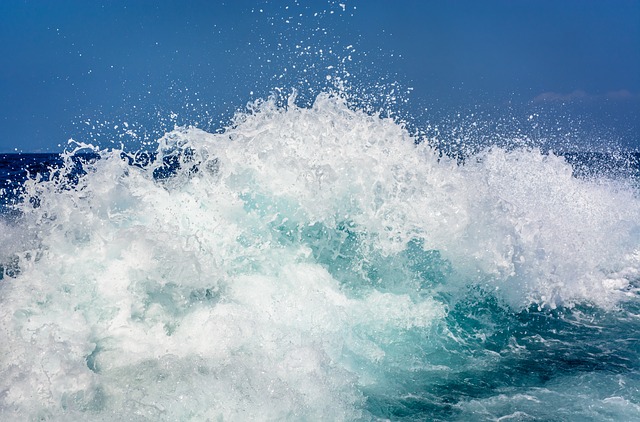Flanders wise with water

Evenementen
Flanders has a quite extensive knowledge in the domain of water systems,
water technology and water management. Yet, the region is at present
certainly not properly prepared for challenges associated with the
various aspects of water and climate change. The current generation
should boldly uncover the potential severe impacts of climate change on
water in Flanders and delineate a rigorous action plan to be implemented
during the coming decades.
This essay should be seen as an add-on
document to that prepared by the international independent Thinkers,
who, at the request of the Academy, have visited Flanders and have
discussed the issues of a water wise Flemish governance with a variety
of directly concerned academic, industrial and political stakeholders.
Indeed, subsequent to the visit of the Thinkers, a generic platform of
debate has been set up in which the entire water sector and the related
governmental organizations have attempted to draft lines of action for
Flanders towards a strategic water governance for Flanders.
Climate
change means that water supply will become more irregular and
unreliable. With respect to the topic of Too much/Too little water, it
has become apparent that a communication plan about 'Multilayer Water
Safety' should be more effectively advocated so that the general
population becomes more willing to actively cooperate to the paradigm of
'holding, storage and discharge of water'. Particularly the pivotal role
of the Flemish 'Coordination commission on Integral Water Governance
CIW' has hereby been emphasized. In relation to the potential shortages
of water, the concept of water recycling has been advanced as being of
crucial importance. Central in this respect and in the framework of the
'cyclic economy' in general is the fact that upon the recovery of
materials from 'used commodities' (such as for instance fecal
contaminated wastewater), the recovery products (i.e., reclaimed water,
nutrients, ...) must be judged specifically on their intrinsic quality
and not on their origin.
It is quite probable that the rise of
the sea level at our coastal line will continue in the coming decades.
On a short term basis, it is essential to further develop the existing
coastal defense plan without any reservation. Yet, this is not enough.
It is advised to develop and assess the technology of
dune-beach-enlargement and also to examine the possibility of creating
artificial islands in front of the coastal line. It is evident that the
neighboring countries should be informed and preferably be collaborating
with the latter processes of infrastructure optimization.
Agriculture
is the most important user of open space and has a major impact on water
quantity and quality. In addition, agriculture can be instrumental in
delivering several important ecosystem services. It is argued how to
improve the current ways of subsidizing the agro-sector by re-orienting
the currently available support measures towards more generic societal
needs. A new vision to decrease Flanders' need to massively import
nutrients and a clever spatial implementation of wetlands, which are
combined with agricultural grasslands, are some measures which are
proposed to make agriculture better embedded in the transition towards
more and better water management.
The crucial role of water for
the Flemish industry has been highlighted by the Thinkers. To safeguard
water reserves for all sectors combined (industry, agriculture,
households and nature ), a high level plan for the coming decades,
encompassing and binding a series of governments, is needed. In this
respect, the existing plans, being the Vision 2050, the Water Government
Note and the River Basin Management plans 2016-2019 are a firm basis to
act upon. Yet more commitment is needed, particularly from the Flemish
citizen. Each of us should urgently become more aware of the acuteness
of the problems associated with water in Flanders and our personal
responsibility in these matters, rather than persisting in the attitude
that one can rely on insurance companies or state funding. The citizen
must become convinced that a clever water management of the Flemish
region assures not only economic advantages but also brings forward a
series of social advantages particularly in the context of an increased
value of urban property and nature-associated well-being and leisure.
Available documents
Author
-
Willy Verstraete
-
Erik Mathijs
Co-author
-
Jeroen Buysse
-
Jean Berlamont
-
Patrick Meire
-
Wim Van Gils
-
Ilse Smets
-
Ingmar Nopens
-
Joos Vandewalle
-
Frank Verschraegen
-
Frederik De Laender


